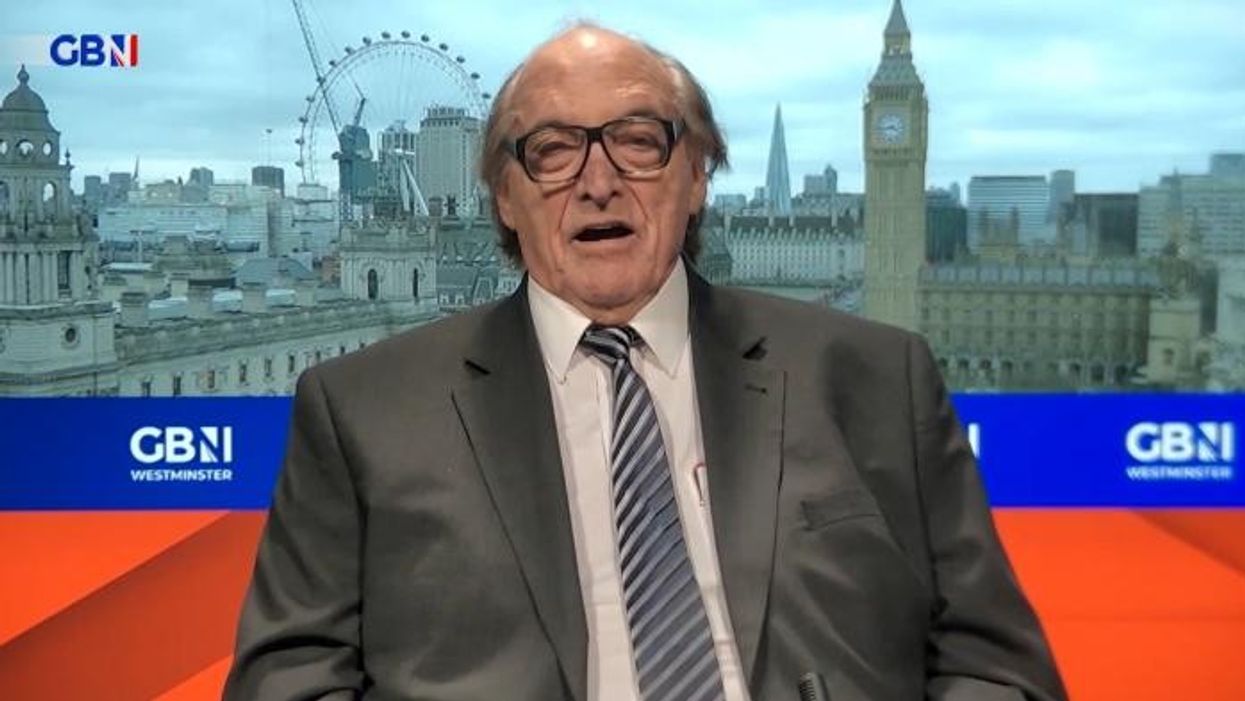National Insurance 'might' be cut to 9% next week but Britons warned 'overall tax burden is rising'

The National Insurance rate cut came into effect at the start of this year
Don't Miss
Most Read
Chancellor Jeremy Hunt is reportedly considering another cut to the rate of National Insurance in the upcoming Spring Budget.
The Government is likely to scale backs its rumoured income tax cut when it announces its fiscal agenda on March 6 after a grim economic forecast from the Office for Budget Responsibility (OBR).
Mr Hunt may instead slash employee National Insurance by one percentage point which will cost £4.5billion a year.
Furthermore, the Chancellor is expected to confirm an extension of the fuel duty freeze which will cost £1billion annually, The Times reports.
Do you have a money story you’d like to share? Get in touch by emailing money@gbnews.uk.

Mr Hunt is reportedly considering another cut to National Insurance but its impact is being called into question
|GETTY
Gary Smith, a partner in financial planning at wealth management firm Evelyn Partners, warned that any further announcements from Jeremy Hunt in next week’s Budget will not likely “make much of a dent” in peoples’ tax burden.
He said: “All the talk around tax recently has been of what the Chancellor might announce in his spring Budget on March 6.
“However, even if Jeremy Hunt finds room for some tax cuts, they are unlikely to make much of a dent in the overall tax burden that is rising and due to rise further in the coming years.
“There are some relatively straightforward steps that everyone can consider taking before the end of the fiscal year on April 5 to streamline their tax efficiency.”
In last year’s Autumn Statement, Mr Hunt announced the National Insurance rate would be slashed from 12 per cent to 10 per cent.
Despite this move, analysis from the Institute of Fiscal Studies (IFS) has highlighted the UK’s tax burden has never been higher due to the impact of fiscal drag.
Under Jeremy Hunt’s current plans, tax allowance thresholds are frozen until 2028 at a time when wages in the UK are rising.
As a result of this, more taxpayers are finding themselves dragged into higher tax bands and paying more to HM Revenue and Customs (HMRC), otherwise known as fiscal drag.
LATEST DEVELOPMENTS:

Households are paying more tax due to fiscal drag
| GETTYAccording to the IFS, even after the cuts to National Insurance, forecasts suggest taxes in 2023–24 will be £66billion higher than they would have been had their share of national income been held at its 2018/19 level.
Furthermore, tax revenue as a share of national income is projected to rise to its highest level since World War II by 2028-29.
In modern terms, this is £104billion bigger than how much tax revenue was as a contribution to national income than in the 2018-19 tax year.
The think tank claims this increase was “fuelled by freezes to thresholds in the personal direct tax system”.











